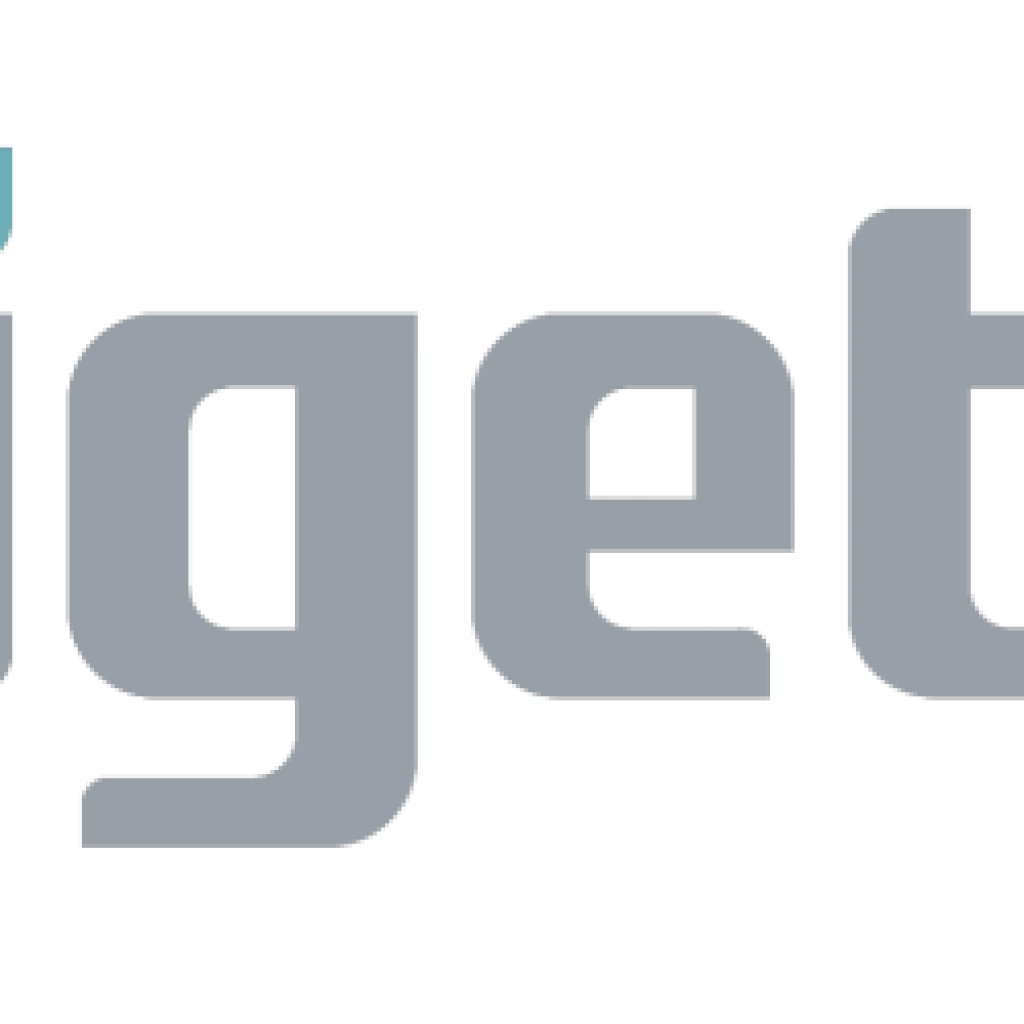Rigetti Computing’s second quarter earnings report showed that the company is continuing to improve all of its financial metrics quarter to quarter, but more significant for its long-term future are the facts that it recently sold a QPU to an unnamed “national lab,” and revealed that Rigetti partner Riverlane has become the first external user of the Ankaa-1 system, which until now only used internally by Rigetti.
The second quarter numbers the company reported all appeared to be headed in the right direction. Total revenue for the quarter was $3.3 million, compared to $2.2 million in the first quarter this year, and $2.1 million in Q2 2022. Despite the recent QPU sales, the bulk of the company’s revenue continues to come from research and government contracts, and Rigetti CFO Jeff Bertelsen cautioned, “Revenue variability is to be expected at this stage of the company’s evolution, given the nature of contract timing with major government agencies. Our development contracts also primarily consist of technical milestone-based work or cost share arrangements, with revenue recognition varying according to the timing of deliverables.”
Rigetti’s total operating expenses for the second quarter were $19 million, down from $23.7 million in the previous quarter, stemming at least partly from cost reductions related to layoffs the company announced earlier this year. Rigetti’s operating loss also continued to improve, standing at $16.2 million for the second quarter after measuring out at $22 million in the previous quarter. The firm’s net loss for Q2 was $17 million.
Bertelsen also said Rigetti, as of June 30, 2023, had cash, cash equivalents and available-for-sale securities totaling $105.5 million, and that the company continues on track to have cash, cash equivalents, and available-for-sale securities of between $65-$75 million at the end of 2023. Rigetti CEO Dr. Subodh Kulkarni previously has stated that the company will need to raise more money by the end of next year or early 2025, and Bertelsen confirmed that is still the case.
But a QPU sale–even a relatively small one–has to give Rigetti confidence it is headed in the right direction. Regarding the QPU sale, Rigetti CEO Dr. Subodh Kulkarni said on the company’s earnings call, “We delivered a 9-qubit QPU and associated hardware to the lab. [It] features a square lattice with tunable couplers that can perform entangling 2-qubit gate operations.”
Kulkarni did not comment direct on how much revenue the sale would bring in, but added in response to an analyst question, “We don’t want to quantify the exact price of nine-qubit QPU for obvious reasons, but suffice to say that for customers who have their own dilution refrigerators in their possession, the price for a nine-qubit QPU is going to be under a million dollars.”
He also suggested the sale of a nine-qubit QPU to a research institution could signal a trend. “Certainly, we are very, very excited to see this interest… and the pipeline seems to be coming along,” he said. “Lots of customers are expressing interest in a nine-qubit QPU, particularly with the tunable coupler and the performance you get from that. Most of the applications are research applications, so for things like optimized control and pulse design, or materials research, or simple algorithmic research, basic characterizations, measurements, student training, that kind of stuff… There are many customers who are interested in having an on-premise QPU for various reasons–security, trying to see how hybrid computing works in their environment, and so on.”
Dan O’Shea has covered telecommunications and related topics including semiconductors, sensors, retail systems, digital payments and quantum computing/technology for over 25 years.
